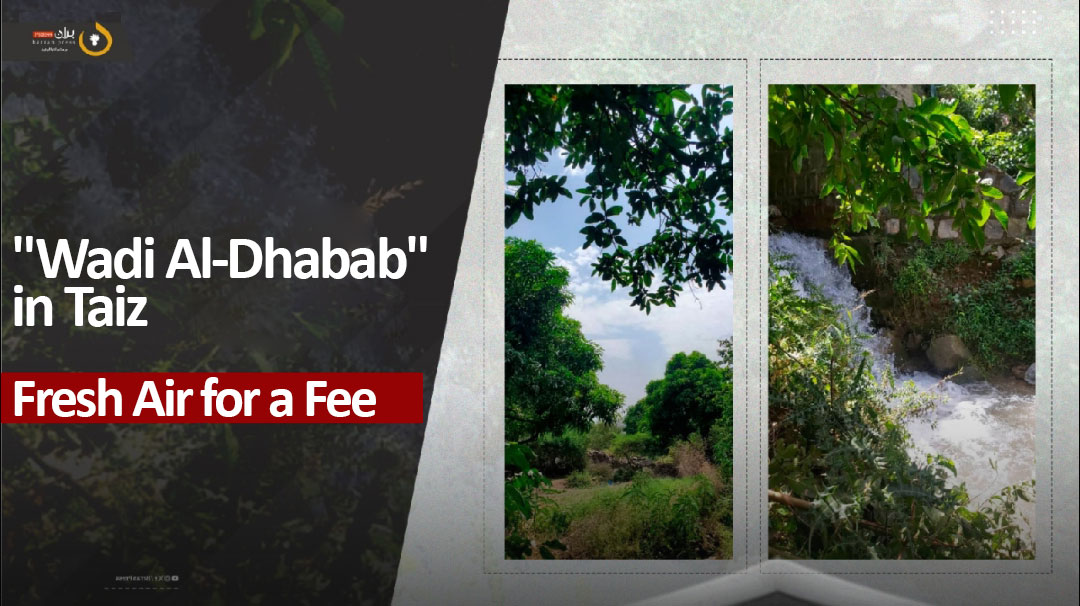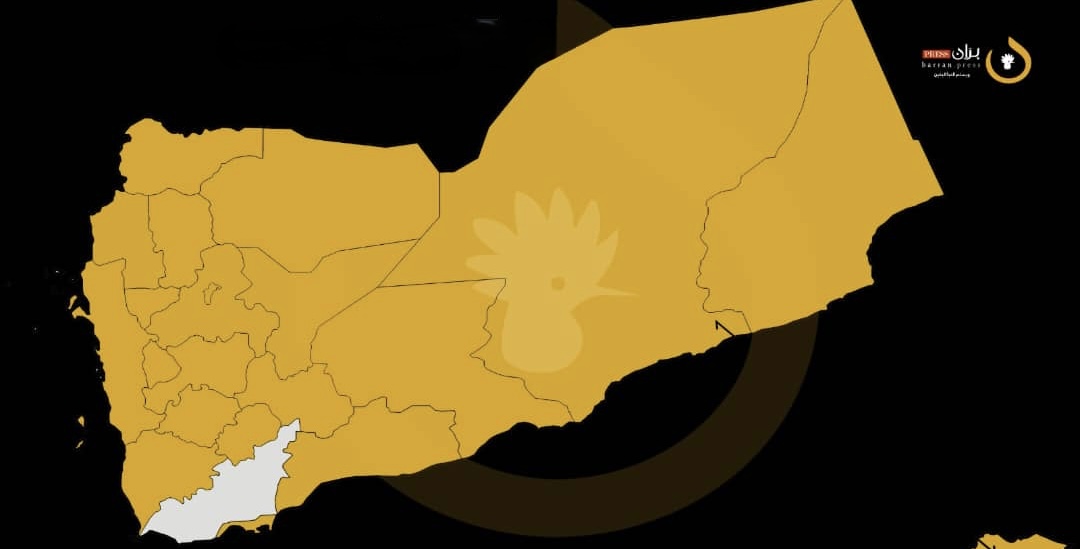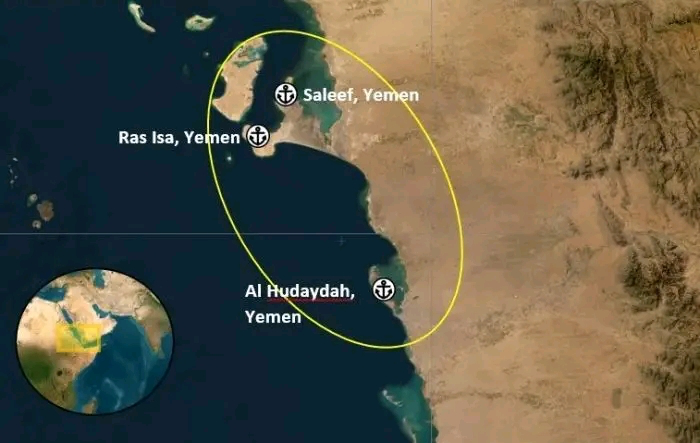
Barran Press | Report by: Einas Al-Hemyari
"Wadi Al-Dhabab" in Taiz City, located in southwestern Yemen, is one of the most significant natural areas providing an important escape for the city's densely populated residents to enjoy fresh air and stunning views.
As visitor numbers to the valley have increased, landowners have begun imposing unofficial fees for entry. This has raised questions about whether this practice represents exploitation or a legitimate measure to regulate access to natural resources.
Many locals told "Barran Press" that these fees restrict their freedom to access open air and place an additional financial burden on citizens seeking a place to relax with their families. They explained that landowners in the valley are charging hefty fees, reaching up to 5,000 riyals per spot, for a simple natural experience, with costs increasing for larger families.
Additional Burden
Sarah Ali, one of the valley's visitors, expressed her disappointment: “I was looking forward to a peaceful day with my family in Wadi Al-Dhabab, but we were surprised by the need to pay an entry fee.” She described this situation as “unfair, especially since we don’t have enough natural spaces in Taiz.”
Visitor Ahmed Youssef echoed her sentiments, stating that the fees burden low-income families. “Some visitors couldn’t pay the fees and were turned away, making it difficult for them to enjoy nature,” he noted.
Fatima Abdullah, a mother of three, added, “We are already living in difficult conditions, and these fees make it hard for us to have a good time with family in a natural setting.” She emphasized the need for “solutions that allow us access without financial burdens.”
Difficult Conditions
Landowner Mohammed Saleh explained to "Barran Press" that the imposition of these fees stems from various economic and social factors. “We live in challenging economic conditions, and the fees we charge help support our agricultural and living needs,” he said, adding, “Maintaining the valley requires financial resources we cannot obtain without this support.”
Development researcher Ahmed Said Al-Wahsh stated that these fees “could be a way for landowners to benefit from the increasing number of visitors enjoying the natural scenery.” He explained, “Natural resources, such as coffee, olive, and mango trees, need protection from overexploitation, which requires financial organization for their preservation.”
Al-Wahsh pointed out that the influx of visitors to Wadi Al-Dhabab is a natural occurrence due to the blockade affecting the city. He noted, “Previously, residents would visit public parks and the zoo in Al-Houban, but now, due to the siege, Wadi Al-Dabab is the only available escape.”
Impacts and Solutions
Public opinions indicate that the impact of the fees and their enforcement extends beyond the financial aspect to include broader social and economic ramifications. Some have reported a decline in visitor numbers due to the imposed fees, adversely affecting local businesses.
Others noted a growing tension between landowners and the local community, with some feeling exploited for financial gain, while others argued that these measures are essential for survival and continued agricultural activity.
Regarding potential solutions, researcher Al-Wahsh emphasized the necessity of “achieving a balance between imposing fees and protecting the environment, ensuring that fees are accessible to all.” He stressed the importance of the government and relevant authorities playing a “key role in safeguarding natural resources from unregulated exploitation.”
He stated, “Local authorities must establish a simple fee mechanism that does not burden citizens, especially in light of the difficult economic conditions.”
Collective Responsibility
While landowners believe these fees are essential for supporting their needs and preserving the valley, citizens feel exploited by being forced to pay for access to a natural area that should be freely available to all.
In this regard, Al-Wahsh remarked that maintaining a balance between environmental sustainability and domestic tourism is a shared responsibility. He added, “Preserving and developing the environment requires cooperative efforts between the local community and relevant authorities to ensure the protection of natural resources and contribute to internal tourism.” He emphasized the need for “adequate infrastructure, such as designated waste collection areas.”
Al-Wahsh suggested that open areas be organized and leased systematically. “The tourism and environmental offices should agree on designating specific spaces for recreational purposes away from natural trees to protect them from damage.”
In conclusion, he stated, “It is crucial to find a balance that ensures freedom of access to nature while considering the needs of landowners and the local community as a whole.”
Wadi Al-Dhabab spans a vast area southwest of Taiz and is adorned with fruit trees and seasonal crops, presenting a blend of attractive natural colors. It is renowned for its diverse trees, such as coffee, olives, mangoes, and almonds, making it a popular resort and tourist destination.
In addition to trees and crops, the valley features natural waterfalls similar to those in the nearby Wadi Hanaa, attracting visitors seeking tranquility and relaxation by flowing waters.
Furthermore, the valley relies on the numerous groundwater wells scattered throughout, providing a source of fresh water for residents. However, the flow of water and waterfalls is affected by climate changes and seasons, being more vigorous during the rainy season and diminishing in dry periods, which causes the greenery to vary between perennial and seasonal.





